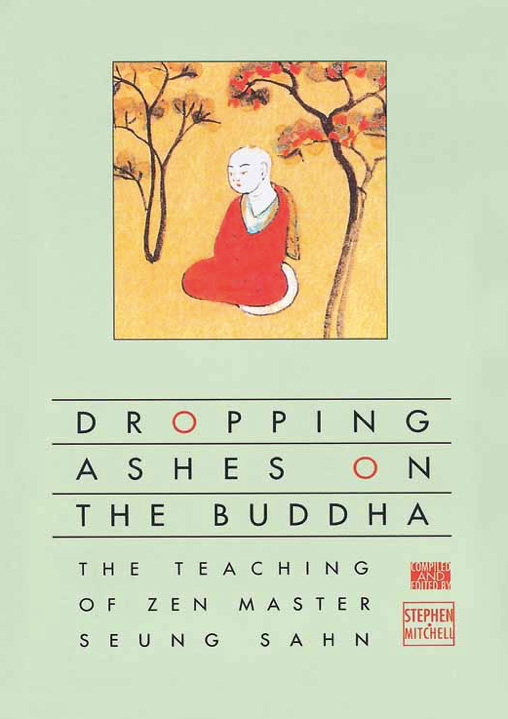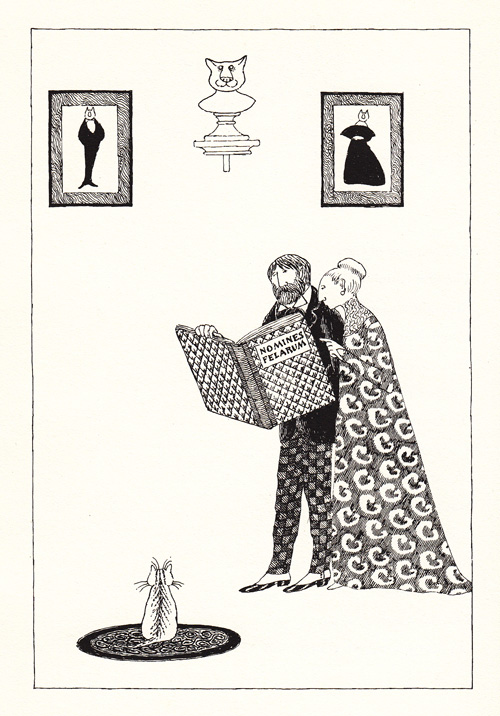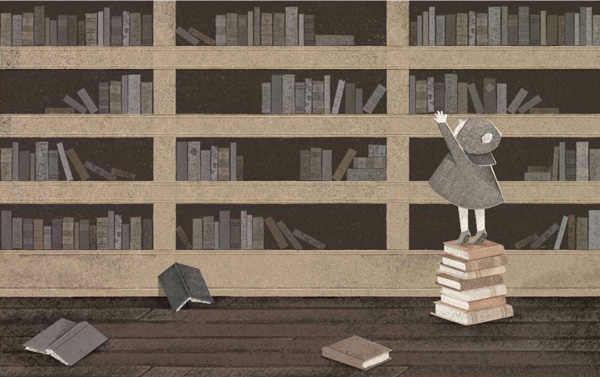Victoria: Common Ground - Poetry and Spoken Word
 Common Ground 2015 will be a unique, multilingual project that utilizes poetry, spoken word, sound and film to build connections and understanding between young people of diverse faiths and cultures in Melbourne. Over an eight-week series of free workshops at the State Library of Victoria, facilitators and artists Abdul Hammoud, Ebony Moncrief and Sukhjit Khalsa will be collaborating with budding wordsmiths to create new poetry and spoken word pieces exploring identity and role of faith in our everyday lives.
Common Ground 2015 will be a unique, multilingual project that utilizes poetry, spoken word, sound and film to build connections and understanding between young people of diverse faiths and cultures in Melbourne. Over an eight-week series of free workshops at the State Library of Victoria, facilitators and artists Abdul Hammoud, Ebony Moncrief and Sukhjit Khalsa will be collaborating with budding wordsmiths to create new poetry and spoken word pieces exploring identity and role of faith in our everyday lives.Are you interested in poetry and spoken word?
Common Ground 2015 will be a unique, multilingual project that utilizes poetry, spoken word, sound and film to build connections and understanding between young people of diverse faiths and cultures in Melbourne. Over an eight-week series of free workshops at the State Library of Victoria, facilitators and artists Abdul Hammoud, Ebony Moncrief and Sukhjit Khalsa will be collaborating with budding wordsmiths to create new poetry and spoken word pieces exploring identity and role of faith in our everyday lives.
On Saturday 19 September from 2pm-4pm at the State Library of Victoria’s Village Roadshow Theatrette, the poets will transform their papered confessions into spoken word by bringing their own voices and stories up to the microphone. A selection of the pieces created during this project will also be set to soundscapes created by Melbourne-based producer CAZEAUX O.S.L.O accompanied by a video produced by Rogue Pixel and released later in the year.
Common Ground was established in 2013 to create a space for young people from two faiths that are often religiously and racially vilified (Sikhism and Islam), to come together and use spoken word and poetry as a medium for dialogue, friendship and interaction. This year the Common Ground Collective wants to bring the project back to the community and encourage young people from diverse faith backgrounds to join the project. Common Ground’s capacity to represent diverse cultures, faiths and identities through creativity offers a wealth of possibilities. It an opportunity to create interfaith dialogue around shared experiences to promote cultural cohesion and understanding.
Common Ground Workshops
Event Information
Event:
When: Every Saturday, 25 July – 12 September 2015 (8 weeks) from 11am-1pm
Where: State Library of Victoria, 328 Swanston Street, Melbourne 3000
Cost: FREE (please register for workshops by contacting one of the community liaisons below)
Register: see below
Performance: Outcome on Saturday 19 September, 2pm-4pm at the State Library of Victoria.
Registration / more information
- please contact the Community Liaisons:
- Ajit Singh 0413 172 357
- Amona Hassab 0423 682 508
- Zakia Baig 0469 925 341 ... or ...
- Jess Fairfax, Project Officer, Multicultural Arts Victoria, email or call 9188 3681
- Robyn Gawenda, Project Officer, Multicultural Arts Victoria, email or call 9188 3681.














